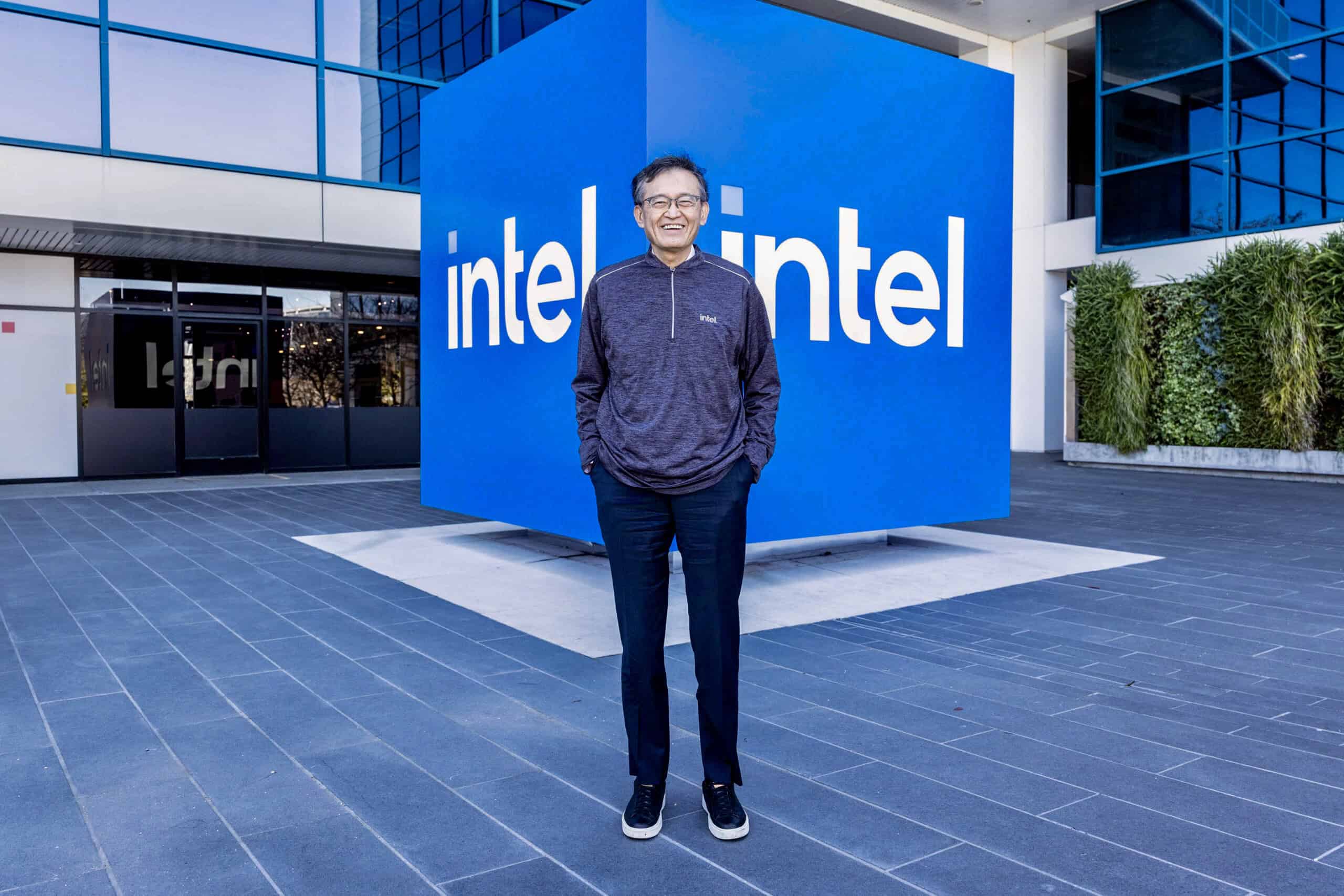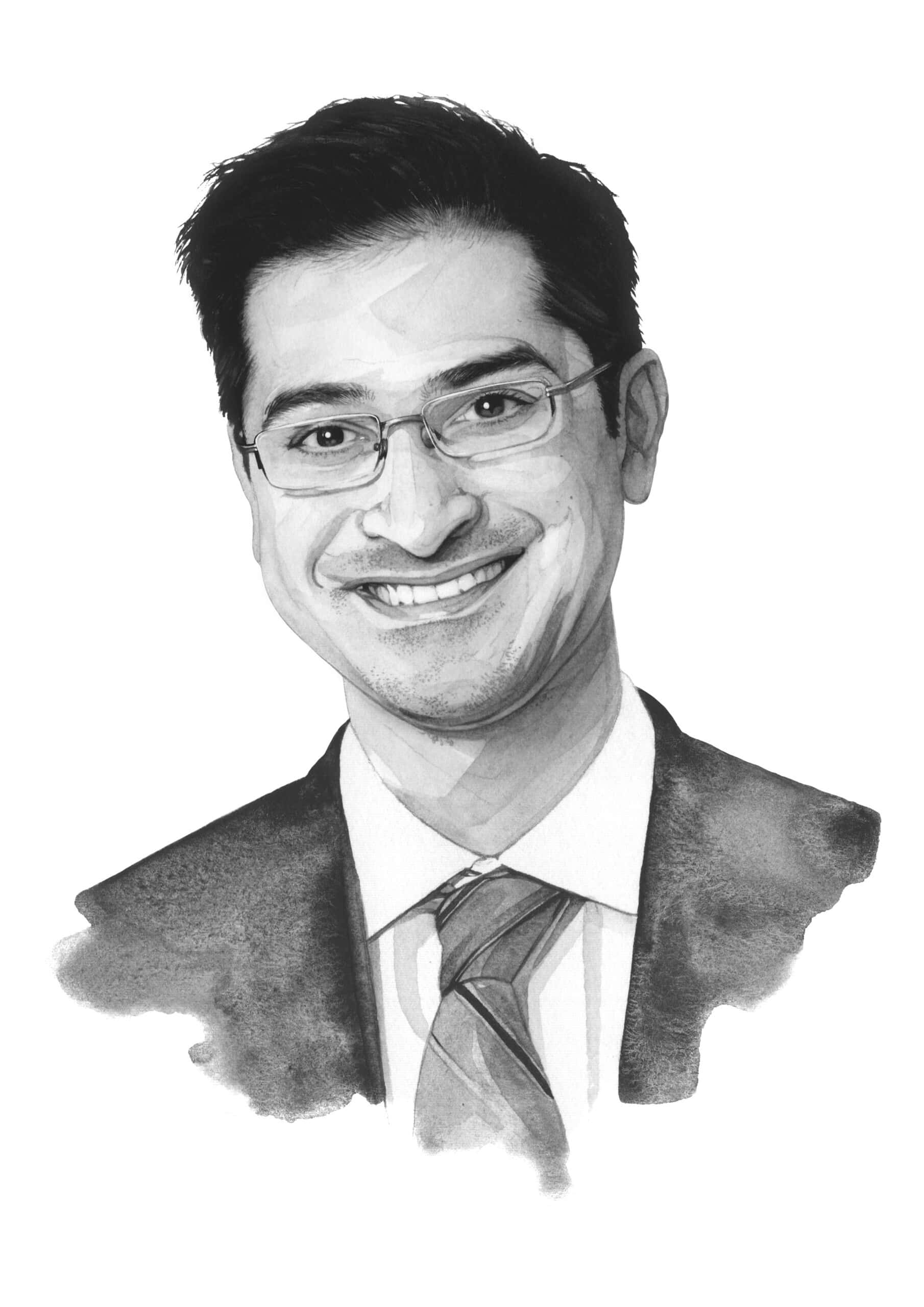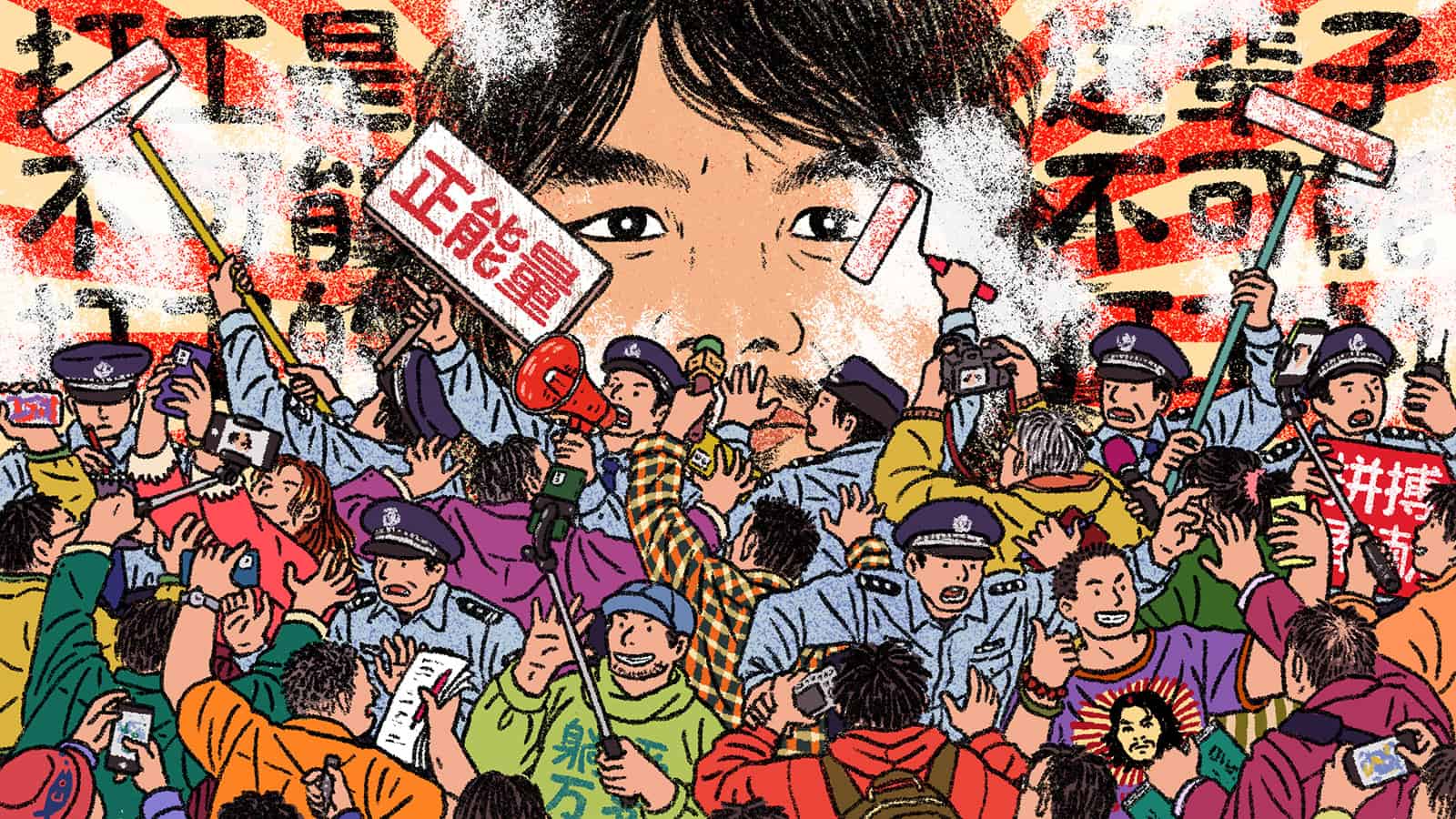Jane Perlez is a distinguished journalist and a longtime reporter and foreign correspondent for The New York Times. Between 2012 and 2019, she was stationed in China, and most recently served as the Beijing bureau chief. She has also reported from Austria, Poland, Nairobi, Jakarta and Islamabad for The Times. In 2009, Perlez was part of a team that was awarded the Pulitzer Prize for international reporting for coverage of the Taliban and al Qaeda in Pakistan and Afghanistan. In 2019, she was a S



